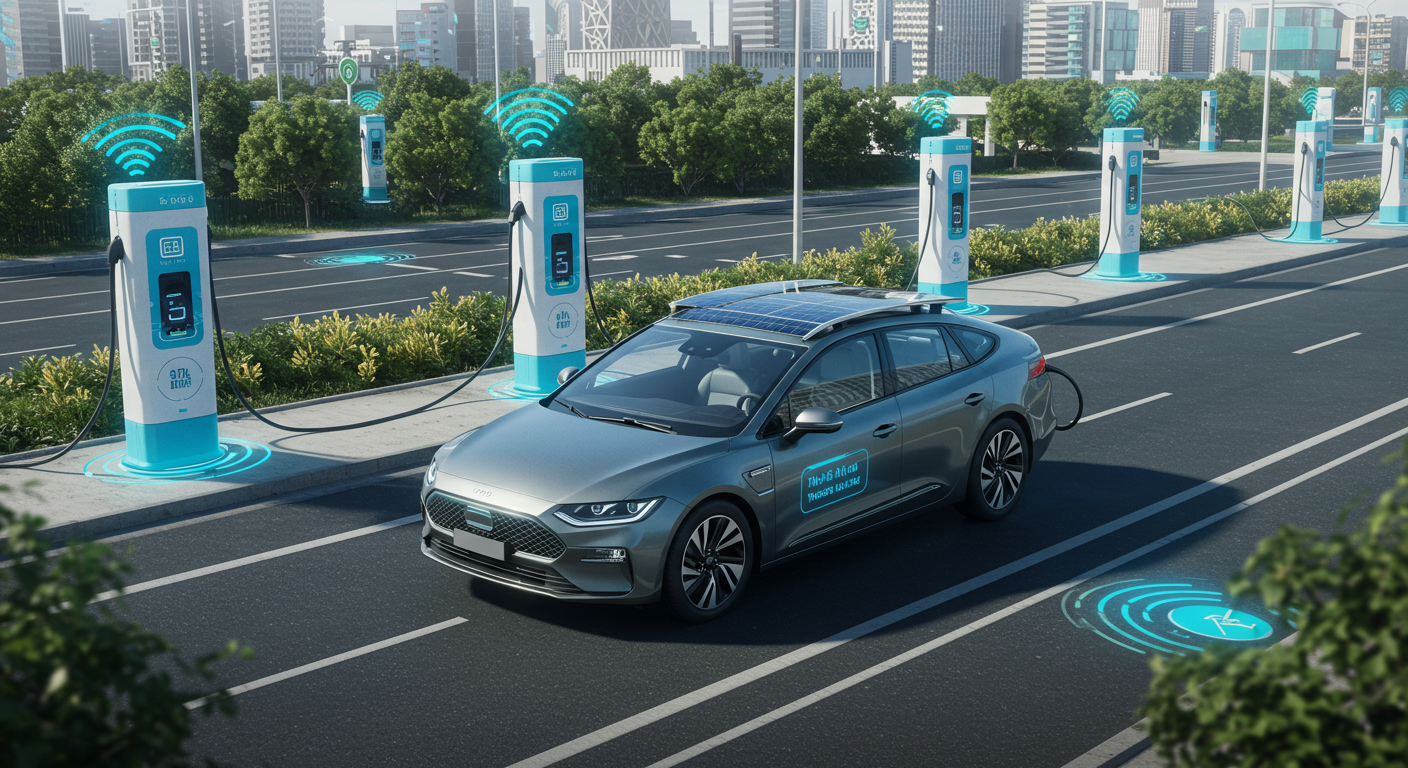
The Role of Industry Standards in Scaling Autonomous Vehicles: Lessons from AVCC
The Role of Industry Standards in Scaling Autonomous Vehicles Lessons from AVCC on how collaboration, flexibility, and safety-first approaches drive AV innovation forward The autonomous vehicle (AV) industry is on the cusp of transforming transportation, but scaling this technology for widespread use remains a monumental challenge. From ensuring safety to integrating complex systems, the path forward requires more than just innovation—it demands coordination. Industry standards




